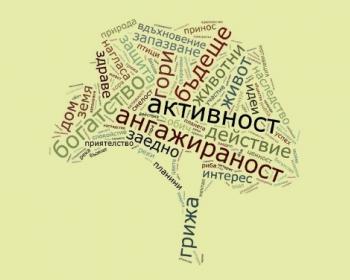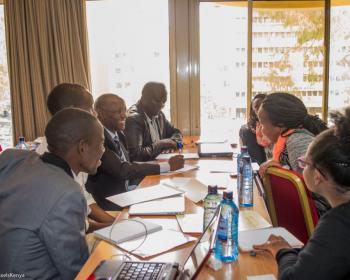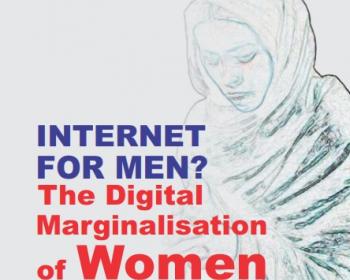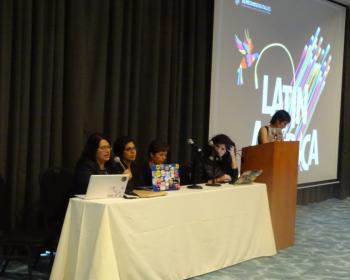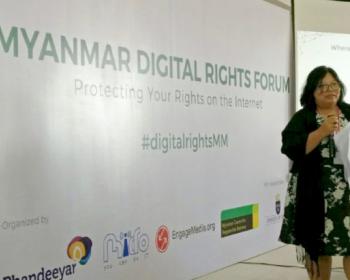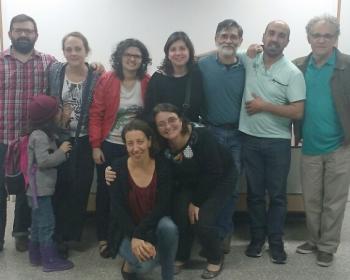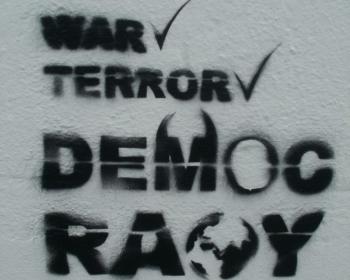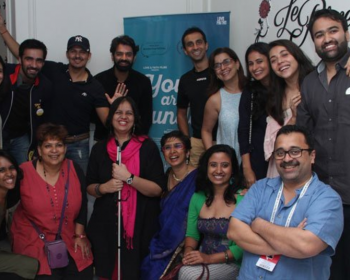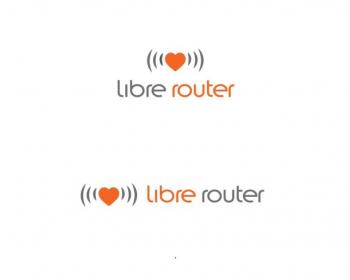2016
By December 2016, there were 27 individual members in the APC network, from 24 countries on six continents. This year, we decided to launch a new section in the APC Annual Report to learn more about, and from, our individual members. This is what Natasha Msonza responded.
“Participation for Nature: Representation of environmental civil society organisations in councils and other state bodies and local authorities”, a research report by BlueLink.net’s executive editor Pavel Antonov and environmental expert Toma Belev, was released in February 2016.
With support from Facebook and Hivos East Africa, the Kenya ICT Action Network (KICTANet) held the first Kenya School of Internet Governance (KeSIG) in November 2016. The school aimed at bringing new voices into ICT policy dialogues.
Women in Nigeria are digitally marginalised, especially in the northern part of the country where culture, religion and low female educational levels have combined to shut out women and girls from the internet. As part of the effort to overcome this, the Centre for Information Technology and Development, with the support of an APC project grant, implemented a project aimed at promotin...
In December 2016, for the third consecutive year, Derechos Digitales joined with Coding Rights, IFEX and APC to launch Latin America in a Glimpse, a summary of the most relevant developments with regard to human rights and the internet in Latin America during the previous year.
Amidst troubling trends in relation to digital rights and internet freedoms in Myanmar in 2016, EngageMedia partnered with Phandeeyar, MIDO and the Myanmar Centre for Responsible Business to host the first Myanmar Digital Rights Forum.
During 2016, and with the support of an APC small grant, Nodo TAU carried out the multi-stage project “Internet Rights in Argentina”, aimed at raising awareness of these rights and violations against them, researching local concern about the issue, and establishing a network of organisations and individuals interested in working on this issue for future capacity building and advocacy.
In 2015, the South Korean government and ruling party introduced the Anti-Terror Bill and the Anti-Cyberterror Bill to the National Assembly. These bills had the potential to threaten civil liberties and human rights by giving excessive powers to the Korean National Intelligence Service (NIS) in the name of preventing terrorism. Civil society groups and opposition parties, including Jinbon...
APC's Annual Report for 2016 narrates organisational life matters and the year's work around our six strategic areas: access, rights, a feminist internet, governance, use and development, and the APC community, told through 60 short stories, 25 of them contributed by our members. 2016 was a year of several changes for APC. It is quite remarkable, this characteristic of change: it is slippery wh...
AlterMundi‘s most significant achievement in 2016 was obtaining a scale-up grant from the Regional Fund for Digital Innovation in Latin America and the Caribbean (FRIDA) for the LibreRouter project.

Association for Progressive Communications (APC) 2022
Unless otherwise stated, content on the APC website is licensed under Creative Commons Attribution 4.0 International (CC BY 4.0)



